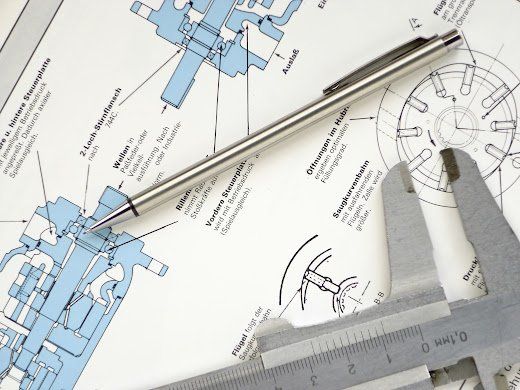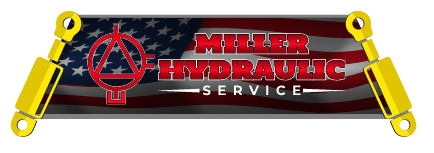Mistakes That Could Harm Your Hydraulic System

Hydraulic system operation and maintenance is no easy feat. The system features numerous moving parts that you must monitor closely to avoid potential issues. Even the slightest mistake can cause significant problems down the road, so you need to be as vigilant as possible. Discover some of the most common hydraulic mistakes below and learn how to avoid them.
Using the Wrong Fluid
The function of hydraulic fluid is to transfer energy throughout the system. Moreover, the fluid lubricates the system's components and prevents the parts from oxidation. As such, you must use the hydraulic fluid specified in your system's manual. If you use the wrong hydraulic fluid, it can reduce the efficiency of your system and cause long-term damage to its components.
The critical feature to consider in your fluid selection is viscosity, a measure of a fluid's resistance to flow. For instance, if the fluid you choose has a lower viscosity than recommended, the fluid cannot lubricate the system adequately.
In the same way, if the fluid you select has a higher viscosity, it will not flow through the system properly. In either case, using the wrong hydraulic fluid can cause severe problems down the road, so consult your system's manual before you settle on the best.
Not Changing the Hydraulic Fluid Regularly
Just like motor oil in a car, hydraulic fluid breaks down over time and needs replacement. The frequency with which you need to change the hydraulic fluid will depend on the specific system and how frequently you use the system.
Not changing the hydraulic fluid as recommended can lead to serious problems, such as decreased efficiency, increased wear on system components, and even system failure.
However, you should note that hydraulic oil is costly. So, you don't want to change the oil more often than necessary. To strike the right balance, consult your system's manual for specific guidance on hydraulic fluid changes.
Not Checking the Temperature
The hydraulic fluid in your system may reach high temperatures during operation, which can cause long-term damage to the system if not properly monitored.
To avoid this problem, check the hydraulic fluid's temperature regularly and take steps to keep it within the specified range. For instance, you may need to install a cooling system or make adjustments to the way you operate the system. Consult your system's manual for specific guidance on temperature maintenance.
Installing the Filters Incorrectly
Hydraulic filters play an essential role in keeping the hydraulic fluid clean. Unfortunately, the hydraulic fluid circulates through the system and picks up debris, which can clog the system's components and reduce efficiency. To avoid this problem, you must install the hydraulic filters correctly and change them as needed.
However, installing the hydraulic filters incorrectly is a common mistake. In some cases, people fail to install the filter at all. In other cases, they may install the filter upside down or backward. If you lack the skills and experience for proper installation, consult your system's manual for specific guidance on the task.
Besides proper filter installation, you should change the hydraulic filters regularly. Again, the frequency you need to change the filters will depend on the specific system and how often you use the system. Not changing the hydraulic filters as recommended can lead to severe problems, such as decreased efficiency, increased wear on system components, and even system failure.
The hydraulic system is a vital component of many machines and vehicles. But the system demands proper care and usage to boost hydraulic efficiency and longevity.
We are your go-to professionals for anything hydraulic-related. Contact us at Miller Hydraulics Service for more questions on hydraulic care and operation.





